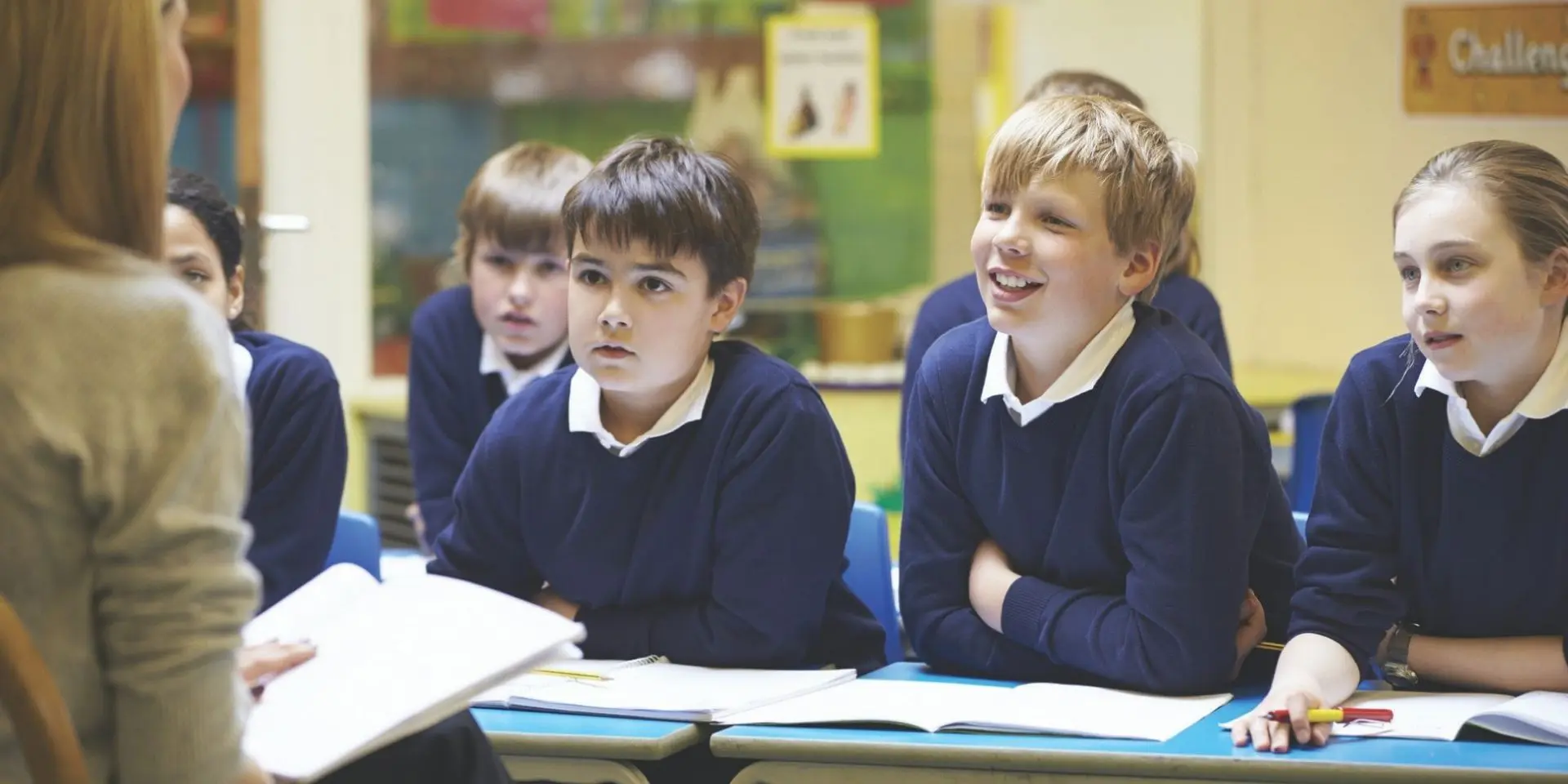A question we are often asked following the death of a parent, sibling, or other important person, is “should my child go back to school yet?”
There are many things to consider when deciding when your child should return to school after a bereavement, including how your child feels about school, what stage they are at, what exams or events are coming up and what effect it would have if they stayed off school for a long time.
Where possible, it can be helpful to include your child in the decision about when they go back to school, as well as discussing this openly with the school.
Every person’s grief is unique, and everyone will have different responses and reactions to bereavement, therefore, it isn’t possible to give a categorical ‘yes’ or ‘no’ answer. However, here are a number of things to think about as you make the decision that is right for your family.
How does my child feel about school?
School provides a familiar, routine part of children’s lives. Many children who have been bereaved find returning to school comforting, even quite soon after someone has died, because it shows them that some things are reliable and stay the same – even when so many other areas of their lives may be changing.
Soon after a bereavement, so much can be happening at home, for example, funeral arrangements being made and many visitors dropping by to offer support. Children may appreciate the distraction of being in school with their friends, their teacher and all the comfort of a routine. Other children may want to be at home and involved in all these important discussions about the person who has died and may find being at school during this time a source of anxiety.
For those who find school more challenging or already experience issues with friendships, for example, it can feel overwhelming to return too quickly. They may be concerned about breaking down in front of people, having to draw attention to themselves if needing to leave a lesson for support or being unable to focus or contribute to lessons as they usually may do.
What is happening at school that they might miss?
1. Exams
Is your child about to take exams that need additional learning at school, for example GCSEs or A levels? Remember than even public exams can be re-taken at a later date. It may be helpful to discuss options with the school together.
2. Special occasions
Is there an event that your child has been anticipating, for example, a school concert, school trip or sports competition? It may affect their initial response to the bereavement if it is also the cause of missing a longed-for event.
3. Leaving their current school
Is your child approaching a transition time away from their present school, for example, the end of junior or secondary school? These can be especially important for children as a positive ending, a positive moving forward with or without their friends and leaving behind the familiarity of school surroundings and teachers they may have known and trusted for years. When a child has had to process such a major ‘goodbye’ to someone special to them, it is important to manage other ‘goodbyes’ as gently as possible.
4. Starting a new school
Is your child approaching a transition to a new school, for example starting school for the first time or starting secondary school? Bereavement can happen at any time and sometimes during the summer holidays. It can feel very daunting to start a new school as ‘the child who’s relative died in the holidays,’ however, it is even harder to start two weeks later when everyone else has worked out their way around the new building and started making new friends.
What would happen if they stayed off school for a long time?
If a child stays away from school for a long time, it can be harder for them to return and may be harder for them to pick up their friendships. This, in turn, may make a child feel sadly more isolated and alone.
Quite apart from missing out on schoolwork, it can be harder to navigate the separation from the rest of the family if being at home has become the normal.
We would hope that mostly all schools will be understanding about an absence following the death of someone close. They can also help make the return to school as stress-free as possible. It may be that a part-time return could happen if this feels helpful, maybe going back in for mornings for the first week, or the school might have other ideas about how to ease the child back into the everyday school routine again.
Support for the school
We have a number of resources available on our website that you could pass on to the school to help them to better support your child when they return to school:
- Free online bereavement training
- In-depth bereavement training courses
- Strategy for schools
- Example bereavement policy
- Guide to supporting bereaved children in school
Further guidance and support
You or your child’s school can speak to our experienced Bereavement Support team about when your child should return to school. Following an informal and friendly discussion, they can offer tailored advice and guidance for you and your child and their school.
If needed, please feel welcome to reach out on 08088 020 021 or use our live chat (click the blue ‘chat’ button on the bottom right of your screen) between 8am and 8pm, Monday to Friday. You can also email us on, ask@winstonswish.org and we’ll get back to you within two working days.
For out of hours mental health support, text WW to 85258 to speak with someone from our trusted partner, Shout. For urgent support in a crisis, please call 999.
Other resources you might find helpful

Support for schools
Resources for schools supporting grieving pupils, including a template bereavement policy, strategy and guide for schools and online training.

Publications and resources
Our specialist books include ones on supporting children and young people after a death through suicide, homicide and in the military.


